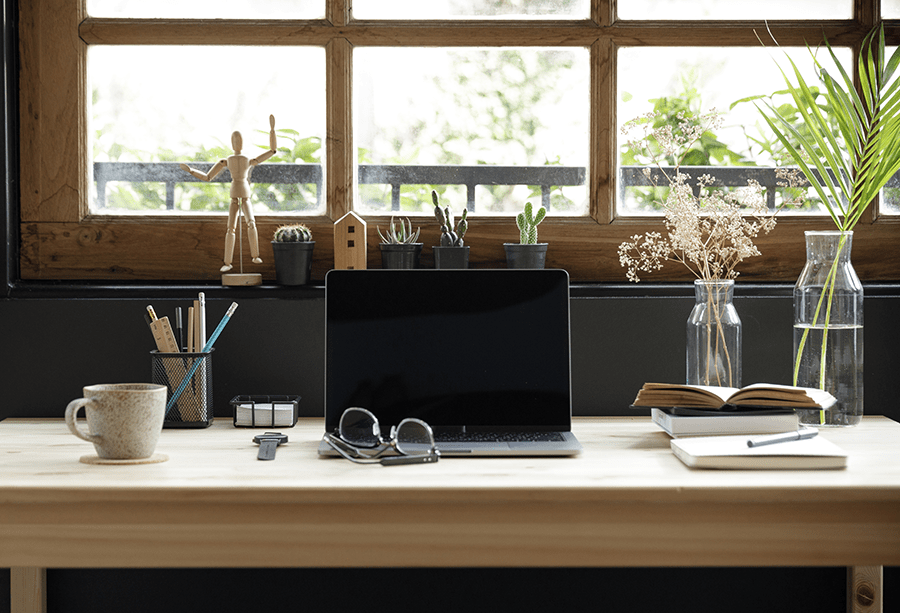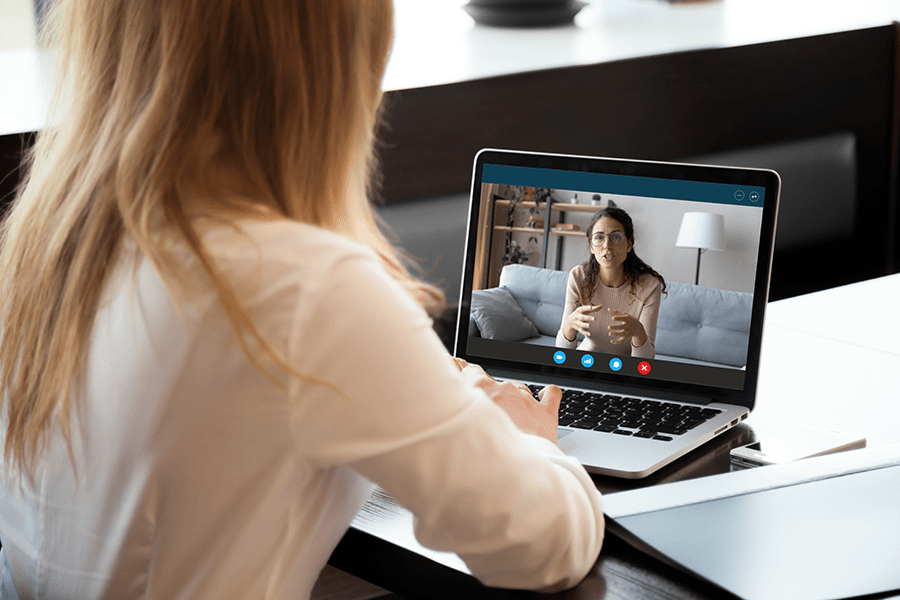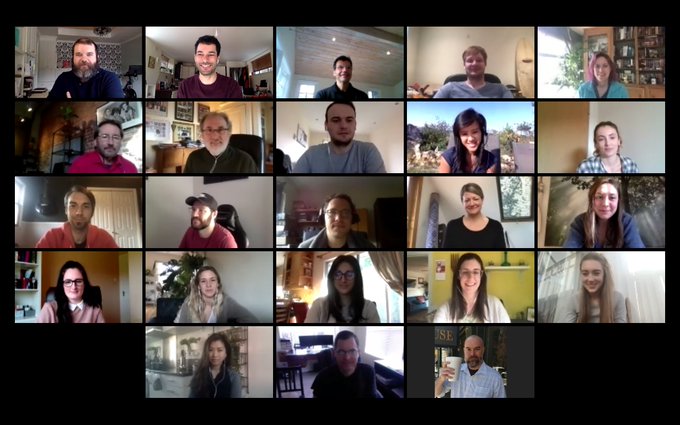4 essential tips for working from home
The COVID-19 pandemic has made working from home the new normal. And while there might be some short term benefits, such as avoiding that early morning commute, it can take some getting used to, especially if you have not experienced working from home before.
Even if you have worked from home before, you may struggle to maintain a healthy divide between your work and personal life due to the extended nature of the crises.
While it is clear that water and wastewater professionals have quickly adapted to this new normal and ensured that their essential work does not suffer, working from home can quickly lead to burn out. This can be especially difficult when caring for family members and simply being continually surrounded by family for the first time in your working life.
With this in mind, we have outlined a few tips that we hope will help maintain your productivity and keep you on an even keel.
Establish a designated workspace

One of the biggest challenges when it comes to working from home is keeping your work and home life separate. This is especially difficult when you have family members to look after. Entering your “workspace” will help you get up and running at the start of the day.
Try and establish a designated space that you can associate with your work. Location is everything, and you’ll be surprised by the difference that natural lighting can have on your mood and productivity.
Try and avoid working in overly comfortable areas of your home, such as your couch or bed. Not only will this be bad for your neck and back, but it can quickly affect how you view those spaces. Ensuring that your couch or bed is strictly for downtime which will help you to switch off when the working day is done.
Try and keep distractions to a minimum
An obvious one, I know, but you can quickly lose hours scrolling through the latest news reports. It’s good to stay informed, but your workday and mental health will benefit from avoiding the newsfeed during your working hours.
Also, try and establish boundaries with the people you live with to ensure you can get everything done during your scheduled time and then spend quality time together once you’re off the clock.
Again this is not easy and may even prove to be impossible, especially with many professionals tasked with childcare or eldercare. However, establishing boundaries between your work and home life early on could prove to be invaluable in the weeks and months ahead.
Stick to your defined working hours
Defining your working hours is just as important as defining your workspace. Consider replacing your morning commute with a walk or cycle before getting started. Without a clear separation between your work and relaxation time, you could quickly find yourself extending your working hours, even if you have completed all of your tasks for the day.
Throughout the day, use your calendar to segment time for specific tasks or write out your plan of action for the day on post-it notes, whatever works for you. Avoid waking up late or leaving essential tasks to the end of the day, which could end up spilling into your personal time.
Make sure to take regular breaks, it can be easy to go through the entire day without leaving your screen, but frequent breaks are essential for your mental health. Take some time to have a virtual coffee break with a colleague to chat or even do some chores, anything that allows you to relax mentally.
You could also try using the Pomodoro Technique. With this method, you break your workday into 25-minute chunks separated by five-minute breaks. These intervals are called Pomodoros. After about four Pomodoros, you take an extended break of 15 to 20 minutes.
Have an alarm set that signals the end of the working day. Of course, this doesn’t have to be set in stone, we have all stayed late when needed, but at least you’ll start the process of winding down for the day.
Also, try and make some plans for when you are finished. It’s a great time to try new food, listen to new music, or start that book that has been sitting on your bedside locker.
Communicate with your colleagues
Working from home can feel very isolating at the best of times. You are automatically losing out on all of those little social interactions that brighten your day. It’s easy to forget the importance which these interactions play when it comes to maintaining your mental health and being productive and happy at work.
Don’t fall into this trap, put time aside to talk with your colleagues over the phone or online, whatever digital methods you typically use for communication. And remember this isn’t just about checking in on work. If you typically chat about the latest book, your reading, or the newest documentary that’s blowing your mind (Tiger King anyone), then keep it up. This will go a long way to keeping you on an even keel.
You can even go one step further and put time aside every week for you and your colleagues to have a quiz hour. We had one last week with the whole SwiftComply team from the USA and Europe.
Most importantly, check on how your colleagues are doing. This is a scary time for everyone, and we all handle it differently, simply asking how someone is feeling can make a big difference.
I hope you found this to be informative, don’t hesitate to get in touch with any questions or comments and let us know how you are maintaining your work-life balance.




